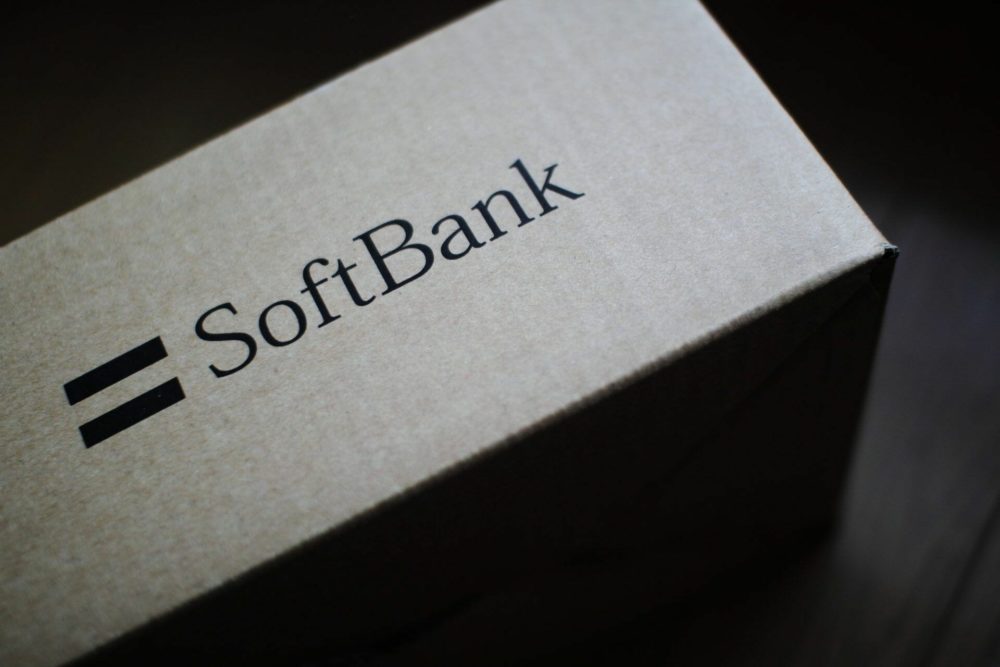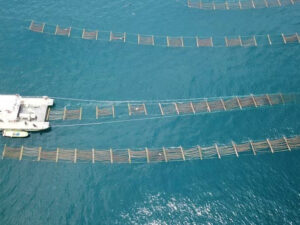One of last year’s biggest tech investors in agrifood globally has warned of an eye-watering ¥2.6 trillion ($24.2 billion) annual loss on its startup bets.
SoftBank said in a note to shareholders that it made an estimated loss of ¥1.8 trillion ($16.8 billion) last year on its Vision Fund – the $100 billion-plus investment vehicle it set up with backing from the governments of Saudi Arabia and the UAE, as well as companies like Apple, Qualcomm, and Foxconn.
The Japanese tech giant said it made a further estimated loss of ¥800 billion ($7.45 billion) in FY2019 on its startup stakes held outside of the Vision Fund.
The announcement came just a few days after SoftBank founder and CEO Masayoshi Son admitted that he expected 15 companies in the Vision Fund portfolio to go bankrupt.
Softbank has made a number of bets in the agrifood space. These range from companies that have doorstep food delivery either as a sideline, or as one of their core businesses – such as Uber (Uber Eats), Grab (GrabFood), and Rappi – to deep-tech ag startups, like vertical farmer Plenty.
According to AgFunder’s Agri-FoodTech Investing Report 2019, SoftBank was one of the most active agrifood VC investors last year. For the first time, the Japanese tech giant appeared in the report’s top investors list. It ranked in joint-fifth place with Blume Ventures, Omnivore, and Data Collective by number of deals done, with all four participating in eight deals.
SoftBank was possibly 2019’s biggest agrifood investor in simple dollar terms. SoftBank Group and SoftBank Vision Fund co-led Rappi’s $1 billion Series E raise in April – the largest agrifood startup round globally last year – while the Vision Fund joined in a $220 million funding for Indian e-grocer Grofers alongside Sequoia Capital and Tiger Global. The Vision Fund also invested $940 million into Nuro, which develops driverless delivery and logistics vehicles for food retail and other industries, in January 2019.
Portfolio problems
While Covid-19 certainly seems to have made things worse for SoftBank investees – particularly those in the travel and transport segments – much of the staggering loss predicted by the Japanese firm can be ascribed to the already poor performance of companies across its portfolio.
Co-working space operator WeWork has been the most high-profile disappointment, with SoftBank writing down about 90% of its $10.3 billion total investment in the company. It’s now suing SoftBank after its flagship investor pulled out of a $3 billion rescue package deal.
Other problematic investments for the Japanese company included satellite startup OneWeb, which filed for bankruptcy last month; ‘no-label’ consumer goods maker Brandless, which halted operations in February; and dog-walking app Wag, to which SoftBank sold back its initial $300 million stake at a loss last December.
US financial publication Barron’s points the spotlight at other SoftBank investees – including a few in the agrifood vertical – that may have contributed significantly to the company’s massive losses for 2019.
These include US food delivery app DoorDash – which is reported to have made a $450 million loss last year and has filed for an IPO – and its South American counterpart Rappi, which retrenched around 6% of its staff in January.
In the same month, robotic on-demand pizza maker Zume – in which SoftBank invested an estimated $375 million – let go of about 80% of its workforce.
Vertical farming group Plenty, on the other hand, is reportedly in talks to raise a further $100 million in a Vision Fund-led round.
















